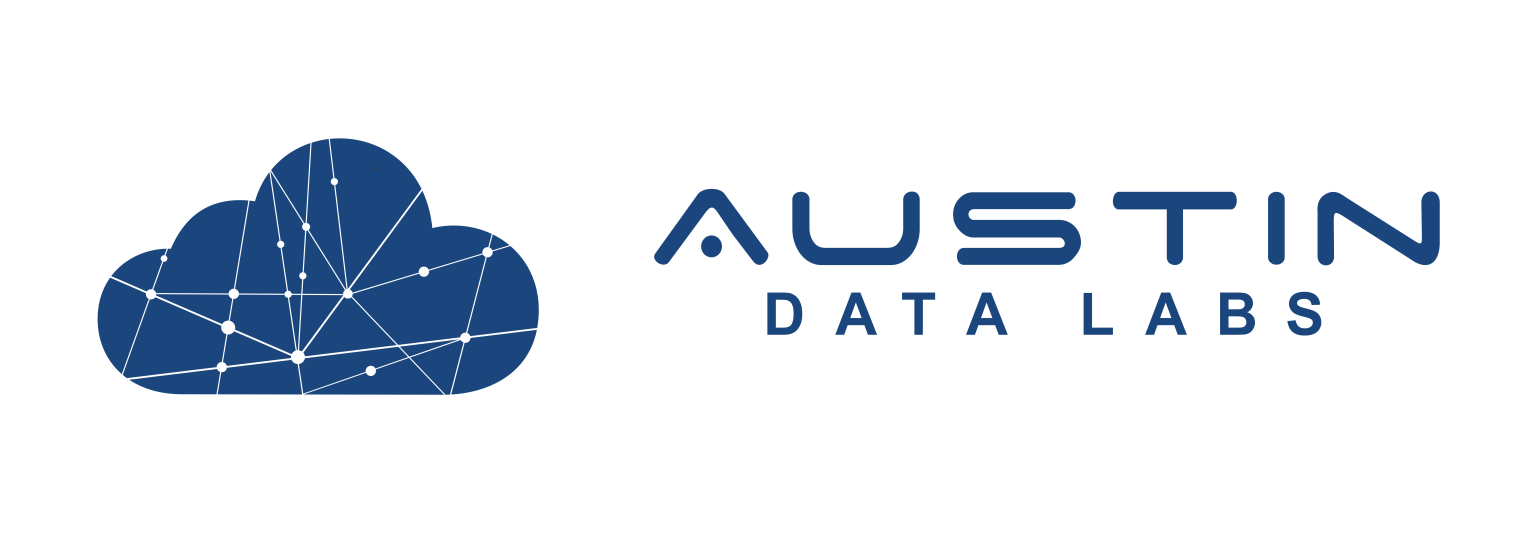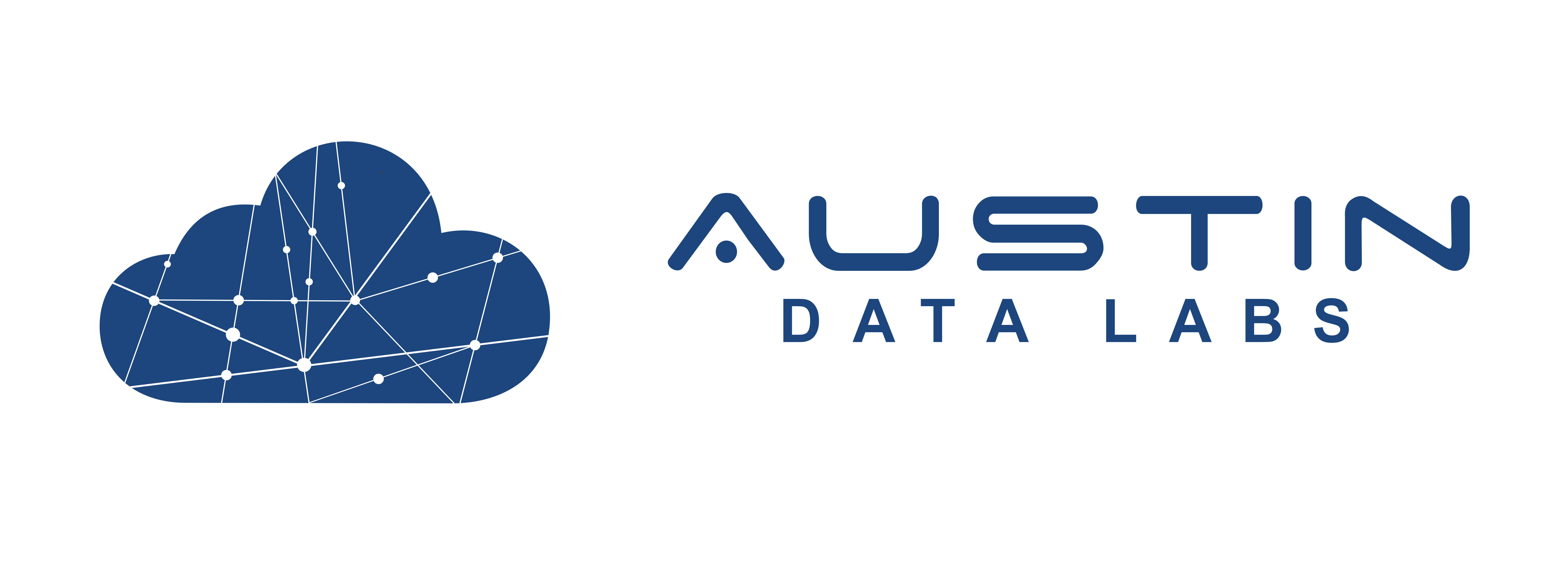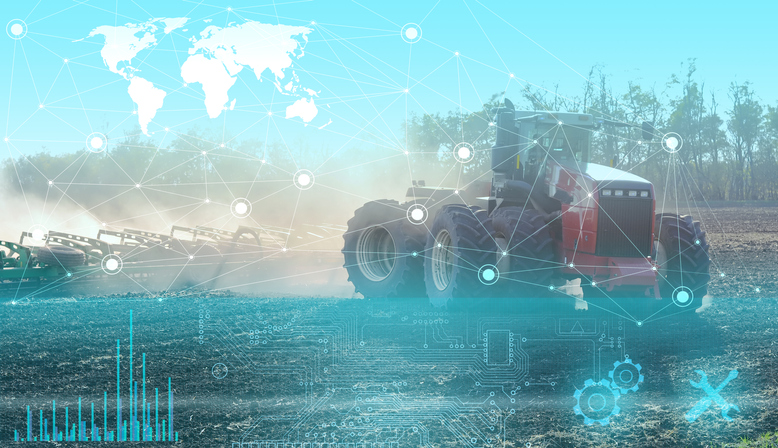We agree with Gary Marcus that deep learning alone is not the answer to your supply chain problems. That’s one reason we make sure our teams are full of real-world experts in industries within the global food supply chain as well as data scientists, data engineers, and AI experts. This allows us to get from implementation to results quickly because we don’t have to waste time learning your industry before getting started. Hybrid solutions like ours bring our best-in-class data science and AI products together with your rules-based ERP solutions like SAP and Microsoft D365 to ensure you are getting the maximum results from your investment.
What does successful Hybrid AI and Hybrid Data Science look like for the global food supply chain?
At one national dairy customer our best-in-class hybrid data science products are creating new opportunities and efficiencies. They needed to create a robust, multi-team IBP process that powered strategic business decisions for management across all departments.
We were able to apply our unique offering to the dairy company’s challenge, creating end-to-end modeling that better managed their master data, utilized it more comprehensively, aligned all divisions within the company, and helped them avoid missing opportunities previously lost to slow decision-making and obscured information. We enhanced this process with robust business complexity models that accounted for time varying reverse BOMs, telescoping time buckets, production and storage constraints, and external impacts on their dairy supply chain. Being able to have their decision making process supported 3 years out is a game changer in the face of dairy industry volatility.
The world is full of volatility. You need your teams to be aligned around what they know and what they don’t know. If all of your teams are playing off different “data facts” getting them to win together is impossible. We can help.
Robert Martin, Austin Data Labs
At another customer, a unique, end-to-end, farm-to-market grocery chain, the divisions that are using our special blend of rules-based cooperation within their ERP in tandem with our data-science-based products are seeing solid returns. for example, they are seeing returns of more than 4% of sales in one of their meat divisions, and an overall increase in sustainability and food and packaging waste reduction that is an essential element in bringing their revenue up across the board.
For smaller operations like a US pork company, the benefits of being able to get more bang for their buck are easy to spot. They implemented our solution across their production planning and supply and demand planning operations. This enabled them to ride out waves of volatility, make better decisions, and see longer-term returns like “sold product” as much as 6 to 8 weeks in advance . Pairing that insight with their sales operation and incorporating whole-market data has seen savings increased their per-dollar profit as much as 10 cents on the dollar. That added up to millions of recovered revenue and reduced waste in the first few months of their implementation.
How can you tell if our hybrid data science approach would work for you?
If your company operates in the global food supply chain, has an ERP in place that doesn’t seem to be delivering everything it promised, an ERP implementation in progress, or an active ERP in place that is working but could be working harder and smarter for your needs, then you are a great candidate for adding our data science products to your arsenal.



